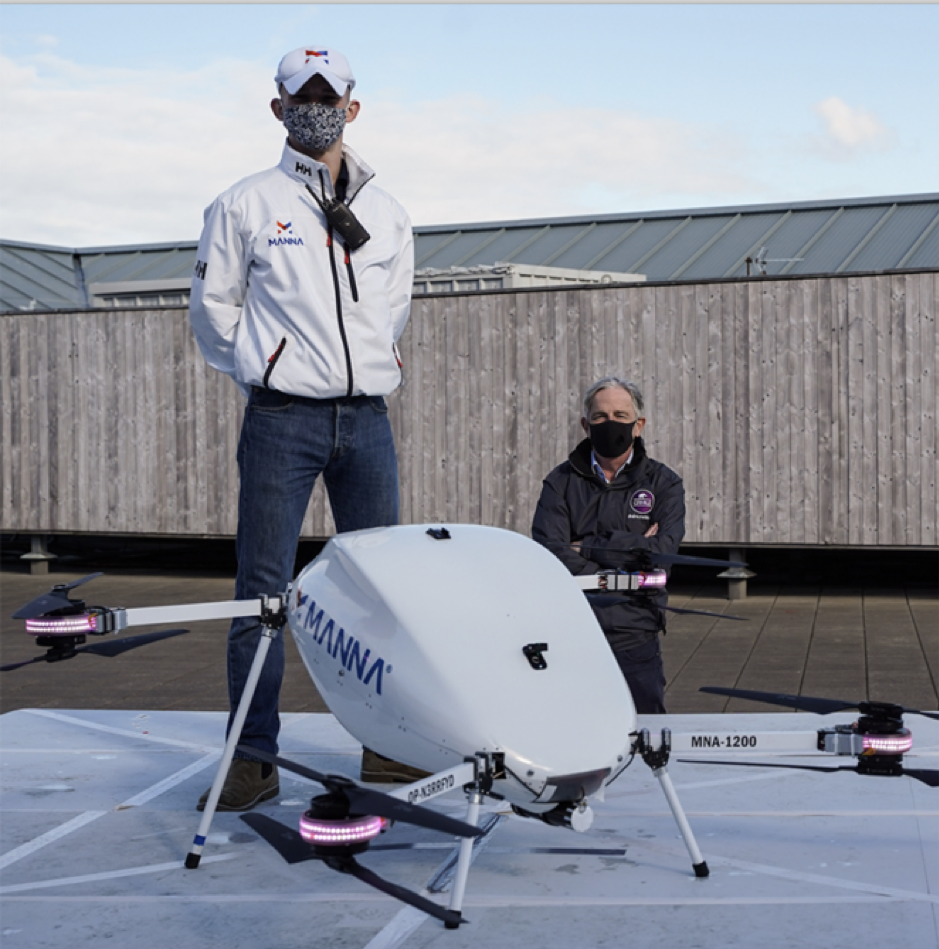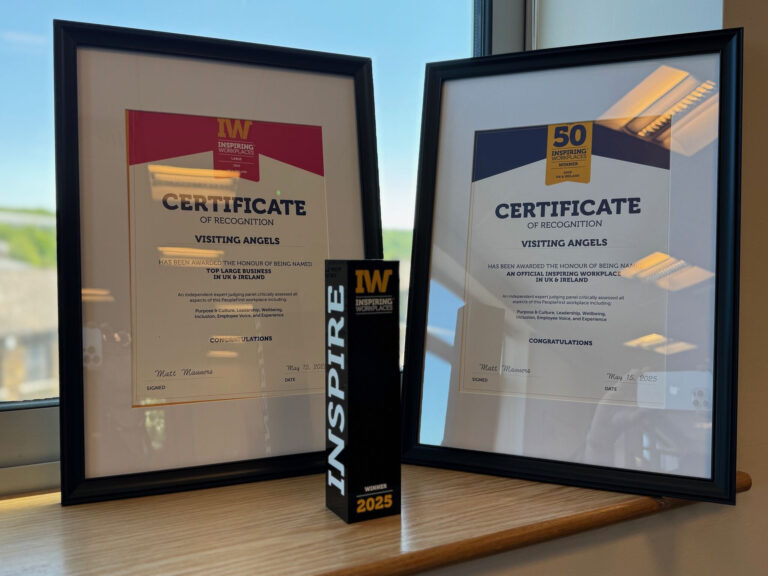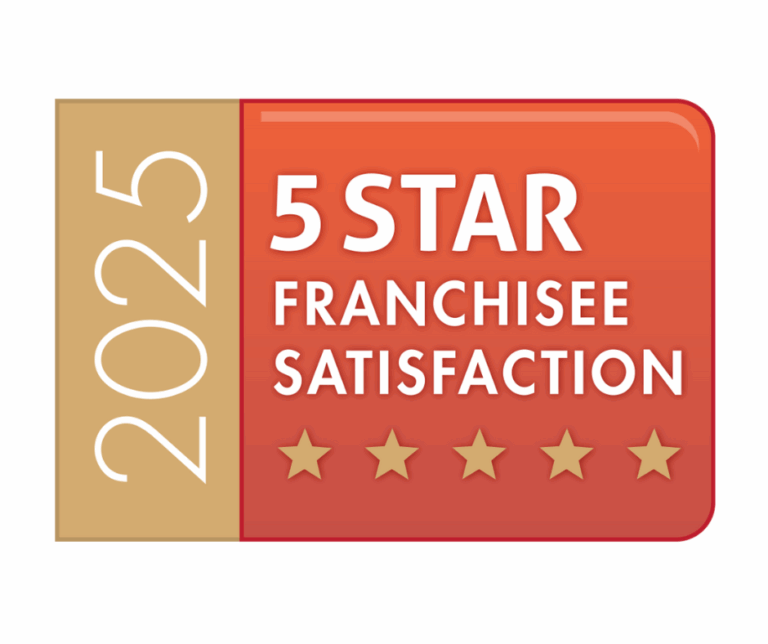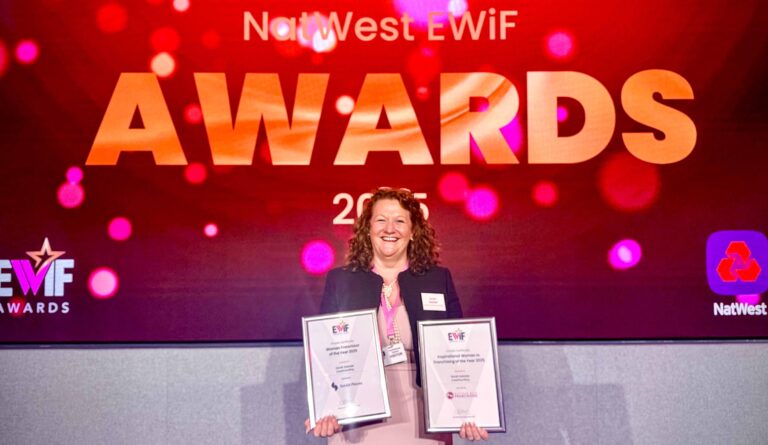Drone food delivery: why Camile Thai Kitchen is going all in, by Brody Sweeney
Drone food delivery: why Camile Thai Kitchen is going all in, Q&A with Brody Sweeney

Q: Why is Camile Thai Kitchen is going ‘all in’ on drones, robots?
“We are going all-in on drone delivery, planning to have customers receiving their food by air in the next year at the latest within Ireland, and shortly after that in the U.K.,” said Brody Sweeney, founder and CEO Camile Thai Kitchen, a delivery-focused chain in London with 35 outlets and 12 franchise partners. “Our drone delivery is being provided in partnership with well-known drone delivery start-up Manna with whom we successfully trialled this year.”
When the service is live, according to Sweeney, customers may select a square on Google Maps in order to choose their location. After cooking and packaging the food, employees will load it into a drone, which will take off to about 400 feet at 50 miles per hour.
“A text message lets the customer know that the drone has arrived, at which point it drops to 40 feet, and the food is lowered on a piece of biodegradable string into the square selected,” Sweeney told Fast Casual. “The technology works perfectly and it is cheaper, faster and of course far more environmentally friendly, than traditional delivery methods.”
A drone delivery costs about half that of a delivery driver, has no emissions and can fly in 90% of weather conditions and, Sweeney said.
“A food delivery for two people is the perfect weight for a drone delivery,” he said. “Drones could complete around 80% of the deliveries currently made by traditional transport. Londoners can expect the service in around two years, likely starting in the relatively easier to serve suburbs followed by more central locations.
“At Camile, we are confident that drones in the sky will quickly become commonplace, and once the logistics of aviation clearance are automated, other authorities will quickly follow suit.”
Drone technology isn’t the only way Camile’s is looking toward the future. It’s also investing in robotics, which Sweeney explained in detail. See the rest of the interview below.
Q. Do you have actual dine-in locations? If so, how many?
A. Before the pandemic we were already 75% for off premises consumption, most of that being home delivered and ordered through our proprietary app. We have 35 outlets across Ireland and the U.K., including six in London.
Being suburban based and delivery-focused was really a winning formula for Camile. We feel very fortunate that during the lockdown there was a high demand for our product and home delivery service, especially in London where we saw a 50% increase in like for like sales.
Due to the pandemic, we decided to adapt our franchising strategy and offer flexible options for business owners with well-located but underused commercial kitchens (like restaurants, bars and hotels) in regional towns. This allowed new franchisees who were forced to shut down their restaurant, bar or hotel dine-in premises due to restrictions to survive. The first recently opened in Sligo, in the west of Ireland and cost the franchise owner €40,000 as opposed to the €300,000 required for a conventional Camile franchise. We are expecting to open five or six such outlets in the medium term.
Q. Why are you interested in robotics?
A. Camile is bringing robotics into the cooking process to ensure even more automation from the point of an order. If you consider the process of wok cooking, it is very repetitive and easy to replicate mechanically. Camile is working with engineering design consultants and manufacturers in China and Korea, and we plan on replacing our manual wok cookers with a semi-automatic version and are trailing a version of a mechanical wok.
The wok consists of a heated, rotating drum, which allows the ingredients to cook, a rotating mechanism to dispense the cooked food and a further rotation which switches the drum into a self-leaning mode. Adopting this tech means we will be able to redeploy staff away from cooklines into other task areas, such as operations, hub office or our central production kitchen.
Leading in this competitive space means working to redefine the intersection between people and technology. In a restaurant kitchen, it’s all about economy of motion on the line. Speed is everything — whether that’s chopping an onion or flicking a sauté pan — chefs will always try to make sure that every second counts. Camile is adopting this tech to manage the logistics of its kitchens and help it to keep up with larger-than-average delivery order volumes.
If you take into account our mainly delivery-based model, robotics is an absolute win-win for us in terms of efficiency.
Click here for more information about Camile Thai Kitchen.



